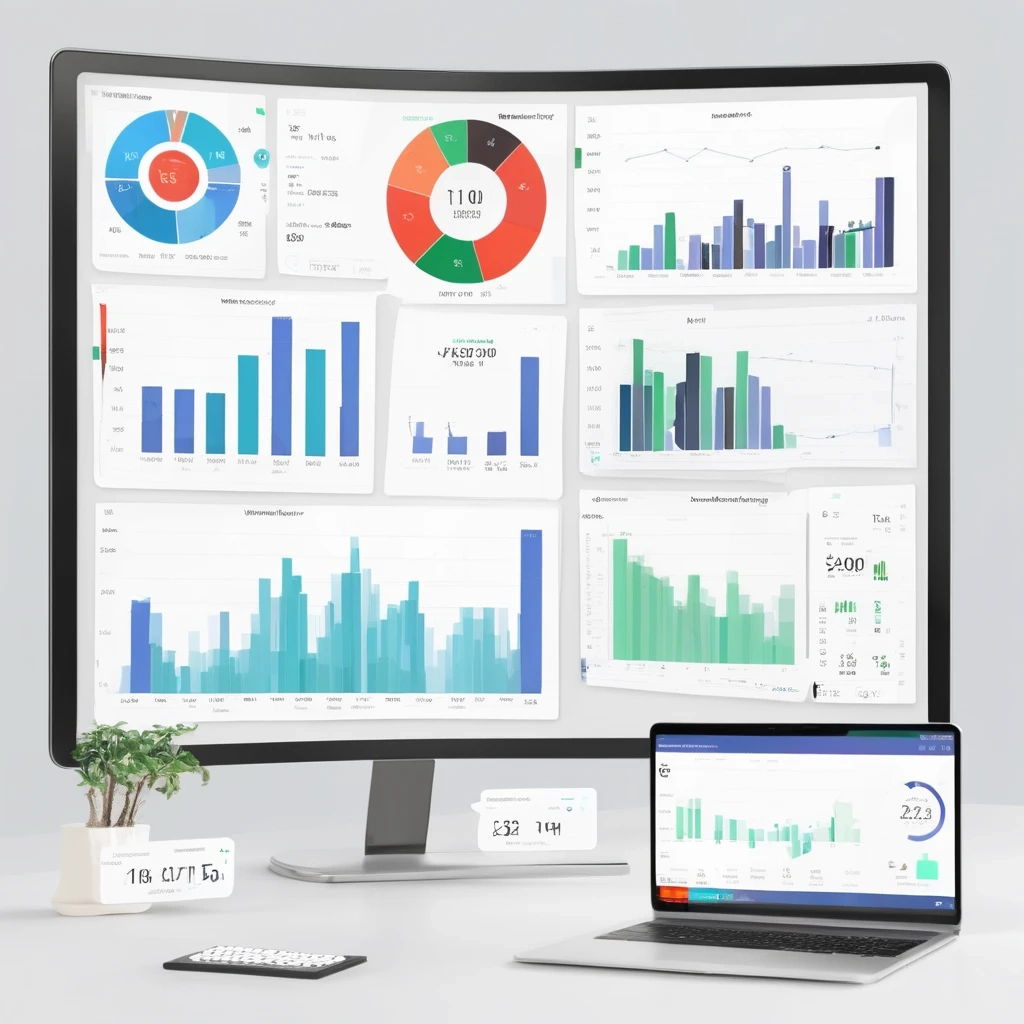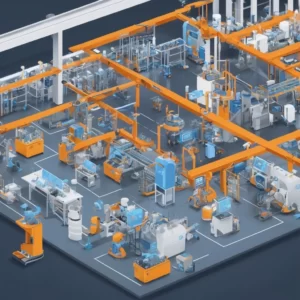In the ever-evolving landscape of industrial machinery manufacturing. Innovation isn’t just a buzzword—it’s a driving force that propels entire industries forward. As we step into the future, the manufacturing sector is undergoing a remarkable transformation. Marked by cutting-edge technologies, sustainable practices, and a reimagining of traditional processes. Unveiling the Future: Trends in Industrial Machinery Manufacturing Let’s take a deep dive into the trends. That are shaping the future of industrial machinery manufacturing.

1. Smart Manufacturing and Industry 4.0:
Industry 4.0, the fourth industrial revolution, has ushered in an era of smart manufacturing. The integration of IoT (Internet of Things) devices, data analytics, and real-time monitoring has revolutionized the way factories operate. Machines are now interconnected, communicating with each other to optimize production, reduce downtime, and enhance overall efficiency. Unveiling the Future: Trends in Industrial Machinery Manufacturing this connectivity empowers. Manufacturers to make data-driven decisions that improve productivity and minimize waste.
2. Additive Manufacturing and 3D Printing:
Additive manufacturing, popularly known as 3D printing, has shifted the paradigm of traditional manufacturing processes. It enables the creation of intricate and complex components, reducing material waste and lowering production costs. From rapid prototyping to producing end-use parts. 3D printing is poised to disrupt conventional manufacturing methods by offering flexibility, speed, and customization.
3. Sustainable Practices and Eco-Friendly Solutions:
Environmental consciousness is steering the manufacturing industry toward sustainable practices. Manufacturers are embracing eco-friendly materials and processes to reduce their carbon footprint. Green manufacturing, through energy-efficient machinery and waste reduction strategies. Aligns with global efforts to mitigate the impact of industrial operations on the environment.
4. Robotics and Automation:
The synergy of robotics and automation has transformed assembly lines and manufacturing floors. Robots are handling tasks that are repetitive, dangerous, or require extreme precision. This not only enhances the safety of workers but also accelerates production and maintains consistent quality. The collaborative efforts of human workers and robots are optimizing workflows across industries.
5. Predictive Maintenance and AI:
Predictive maintenance, powered by artificial intelligence (AI) and machine learning, is revolutionizing maintenance strategies. By analyzing data from sensors and monitoring equipment health. Manufacturers can predict when machinery requires maintenance, preventing unexpected downtime and maximizing operational efficiency.
6. Digital Twins and Simulation:
Digital twins, virtual replicas of physical machinery and processes. Allow manufacturers to simulate and optimize various scenarios before implementing changes in the real world. This technology aids in refining designs, testing prototypes, and minimizing risks, ultimately leading to better outcomes and reduced development costs.
As we embrace these transformative trends, it’s evident that the future of industrial machinery manufacturing is one of limitless possibilities. At the heart of this evolution lies a commitment to innovation, sustainability, and continuous improvement. Companies like ours, at the forefront of these advancements. Are driving not only their success but also the growth of industries around the globe. The convergence of smart technologies, sustainable practices. And human expertise is shaping a future where industrial machinery isn’t just manufactured—it’s reimagined.







